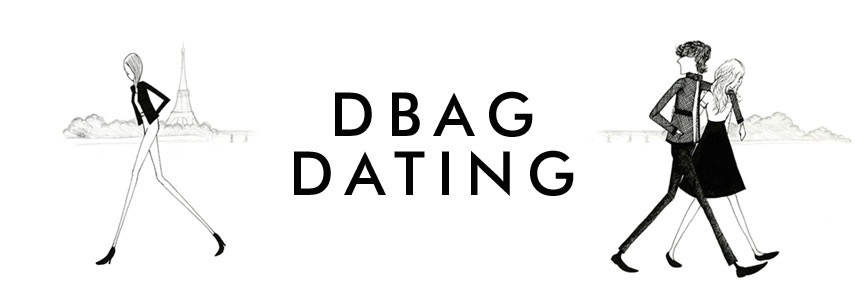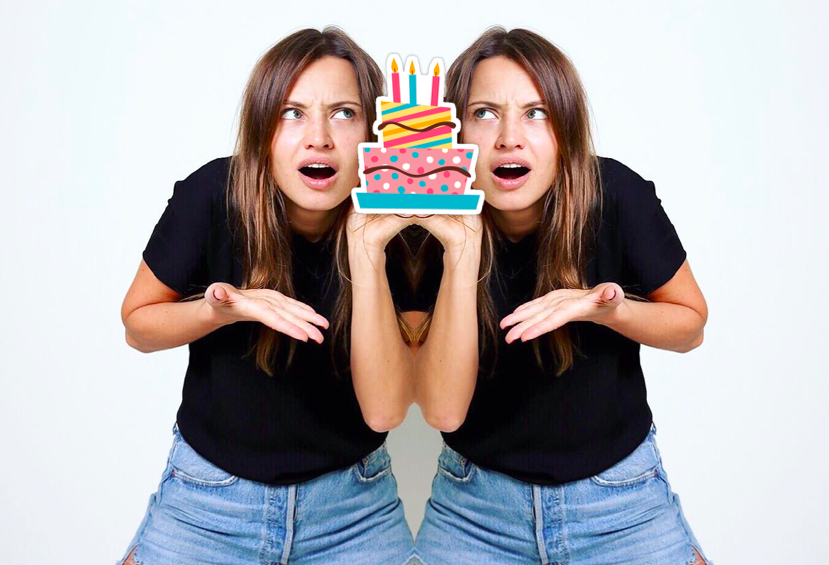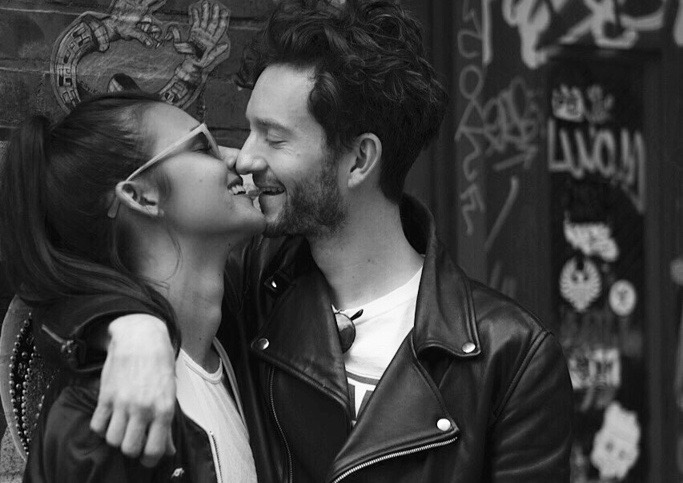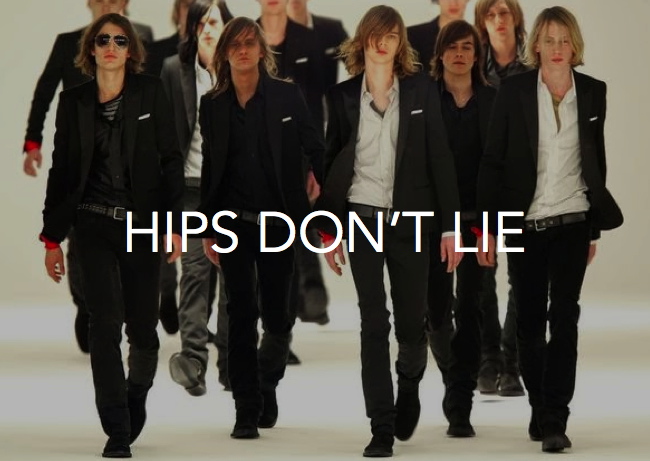Warning: this is an exhausted topic. Those seeking novelty may click over to Wired to learn about robots using Airbnb.
July marked the official kick-off of #Summer2018 vacation season, that riveting time of the year when the Instagram elites relocate to their Mediterranean outposts, bouncing from Mykonos to Positano to Capri faster than their Hermes Oran sandals can carry them.
I am usually immune to said Insta-circus. It appears that everything I lack in emotional stability, I make up with a very weak envy gene that allows me to focus on the tryptic of Me, Myself and Moi rather than the lives and possessions of others. (Actually, I kind of want Oran sandals, is that bad?)
And yet, it so happened that, during the launch of #Summer2018 vacation season, my life was going un petit peu off the rails. Nothing terrible, but just enough to make me more sensitive to everything around me, social media included. Scrolling through Instagram, my usual detached amusement was replaced with pangs of resentment. The captions may have been singing praise to friendships and Mykonian sunsets, but to me they seemed to be screaming: “MY LIFE IS BETTER THAN YOURS!” and “I HAVE A SUITCASE FULL OF WHITE CROCHET, YOU HAVE NOTHING!” Suddenly, I too wanted pre-planned outfits, and f*ck you diamonds, and a 5-star dining schedule. It was like a vile monster had hatched inside of me, wanting things I don’t even enjoy to begin with.
If the focus group that is my Group Chat is any indicator, I was not alone. Many people, particularly those confined to offices or baby patrol, were slightly unnerved by this mass fun-nifestation. When I complained about this to a friend (while sitting in her ginormous penthouse and playing with her perfect child, may I add), she confirmed social media to be a major anxiety trigger. “It’s all fake lives, but you end up comparing them to yours, and then, all of a sudden, you are miserable.” Another friend confessed that the mere sight of a pregnant celebrity on Instagram would render her hysterical when she was having a hard time conceiving.
Indeed, there are studies that show that “social comparison” increases depression. Platforms like Instagram and Facebook are proven to be compulsive and addictive, activating the same neurological pathways as drugs. We want to look away but we keep coming back for more, a pattern that is exacerbated by negative life events (basically, the more miserable you are, the more you look). In an era of juicing and kaling and $8 turnip superfood balls, it appears that we are consciously ingesting what is, essentially, digital crack for the mind and soul. How’s that for self-care?
Here, it seems all-too-easy to blame the proverbial dealers – the people live-streaming their fancy vacations and flaunting their perfect families (#blessed) and parading their life laurels for the world to see. Do they have any shame? What are they trying to prove? Frankly, that’s none of our business. People post for a multitude of reasons – to connect, to share, to build “personal brands,” to nurture their faltering egos with digital validation. This is their prerogative. I don’t even have a right to judge them: in the court of digital vanity, I am guilty as charged.
Let’s also note that not all social media is created evil. As much as it has brought the worst of the human ego to the surface, it has also allotted room for our finest attributes to shine. It has enabled people to express themselves creatively, to fight for their causes, to raise money and spread important messages (for examples, look no further than Elbi or I Weigh). Amongst the emotional trigger buttons, great things grow.
Not to sound like a Headspace therapist, or Oprah, but it feels like the answer to the problem lies somewhere within us. Social media isn’t going anywhere for a long time, so it is now our job to form a semi-healthy rapport with it. After all, isn’t part of being an adult learning to live in the same world as your vices? Just like one can’t tell somebody how many tequila shots to drink or kale balls to eat, one cannot instruct others on how to use Instagram. We owe it ourselves to be more aware of our individual relationship with these platforms: how we use them, what we gain from them, how much time we spend on them – and how much of it time wasted. If it’s all inspiration in moderation, kudos to you, you Insta-Polyanna. If you detect any unhealthy patterns, maybe it’s a good time to tweak this part of your life – to set time limits, to swap the daily Instagram k-holes with (gasp!) books, to unfollow you triggers (no, that quasi-perfect girl with the quasi-perfect life who you quasi-know won’t care!) If it feels particularly toxic, maybe it’s a good time to ask: am I happy in the first place?
There’s one month of summer left – let’s spend it right. After all, there’s no prize at the end of that scroll feed.
As for me, I’m off to explore the Russian countryside where FOMO (and 3G) go to die.
xoxo, Tatyana Larina, your Headspace therapist













https://www.youtube.com/watch?v=3E7hkPZ-HTk
Cal Newport on Social Media
The thing is, we don’t pick up Vogue or Elle or any other magazine and think that our lives SHOULD be like those of Kate Moss and Karlie Kloss because we know it’s fashion and unrealistic. Yet we do it every day when we compare our lives with lives of our friends.
Why is it called social media? SOCIAL? It’s a hotbed of envy, bragging, anxiety and panic attacks. What’s social about Youtube comments? It’s either intense hatred or bragging, nothing in-between.
And let’s call it what it is, someone’s HIGHLIGHT REEL.
I don’t, for one second, buy into the whole philosophy “social media is going nowhere” because when I quit social media, my anxiety attacks and panic attacks went away, and I could sleep well once again. Sure, there was more boredom, but boredom won’t kill you or cause anxiety attacks.
And if MIT’s Cal Newport doesn’t need to use social media, and if Alicia Vikander or even Jennifer Lawrence don’t have to use social media (interview on WWHL) and still be successful, why would I need to use it?
My life IS better without it. And if someone truly means something to you, you’ll find a way to stay in touch without “social” (irony bc it’s not social at all) media.
You know, normally I would agree. But the other day I was listening to a podcast with Marianne Williamson and she was preaching the power of social media as a tool to harvest our freedom of voice and spread important message. She was referring to politics but I think it applies to all domains, which makes me hesitant about writing off social / “giving up” that power.
And yet, when it comes to consumption, I think we have a real problem because people seem interested in consuming all the junk along with the good stuff – or even more than the good stuff…
Thx for the insight!